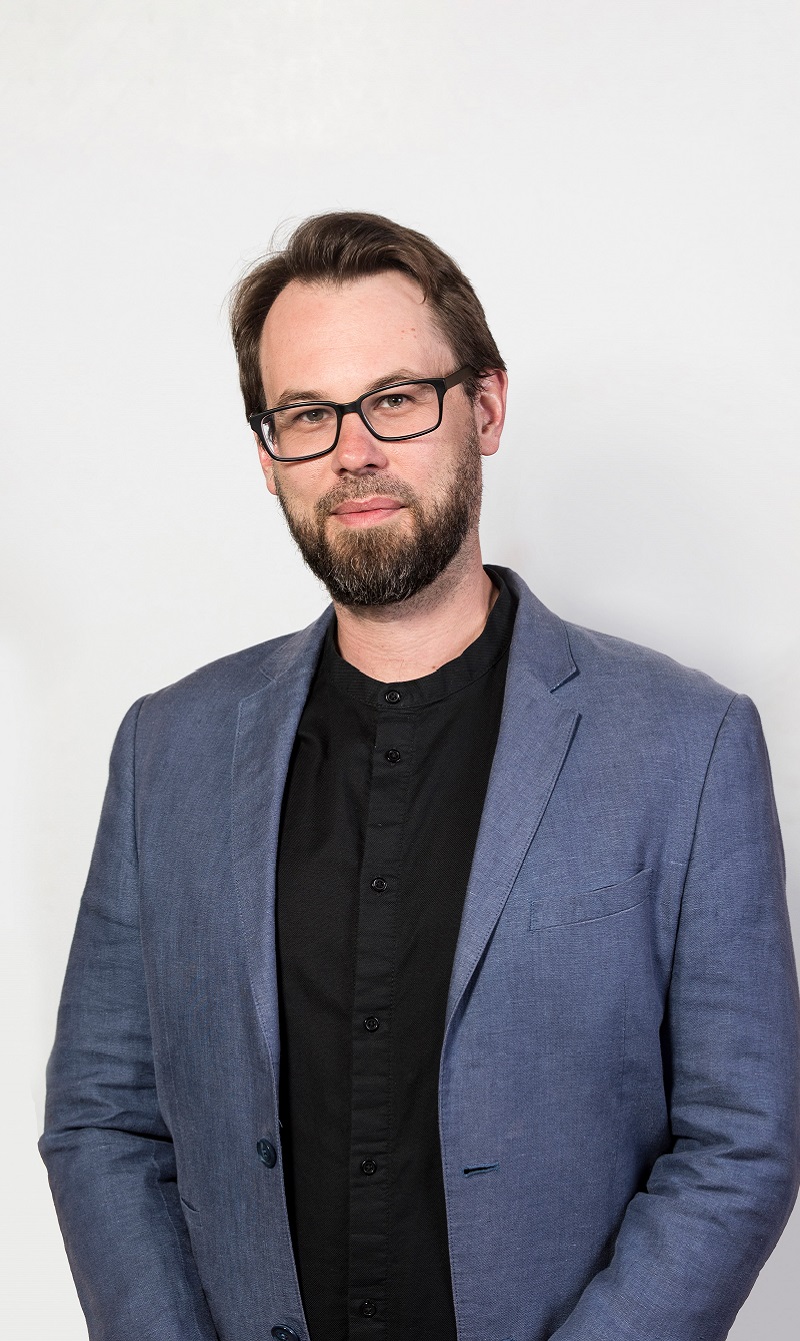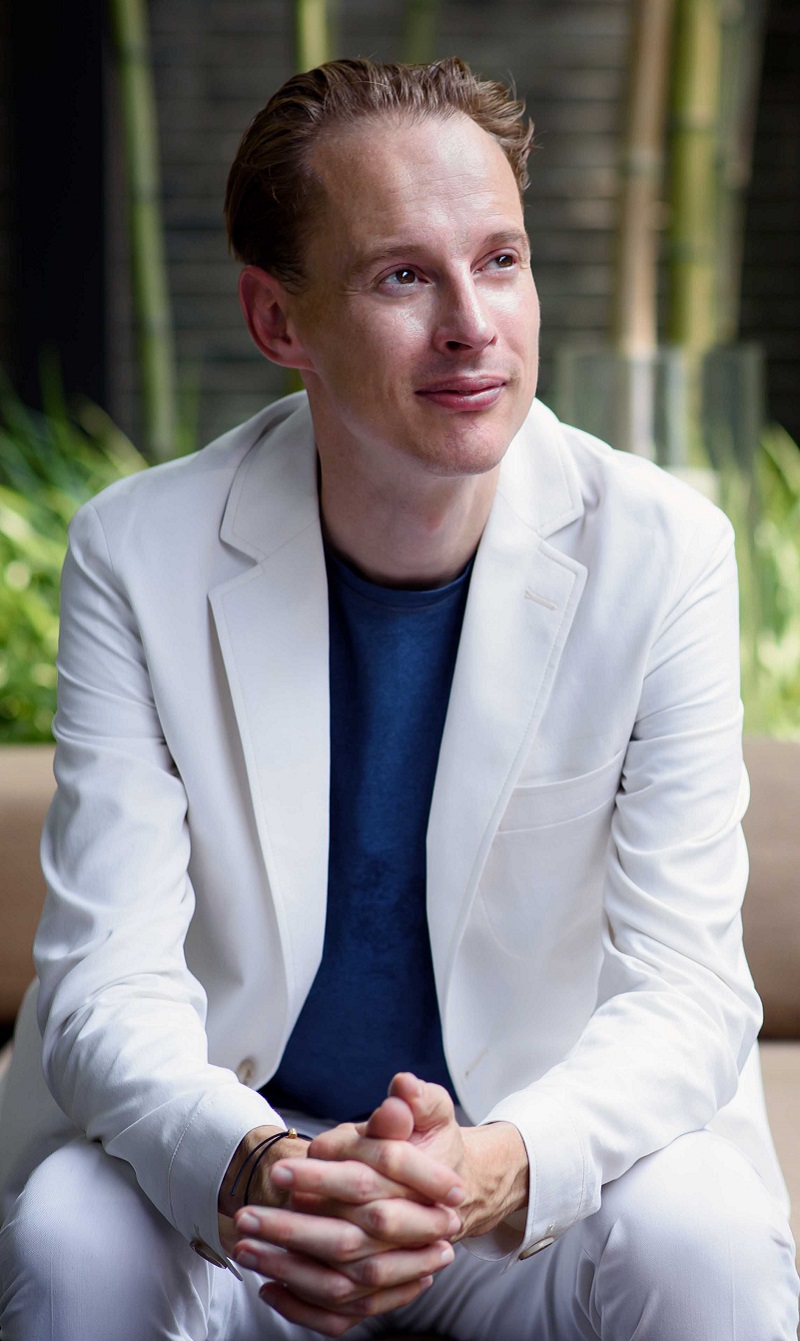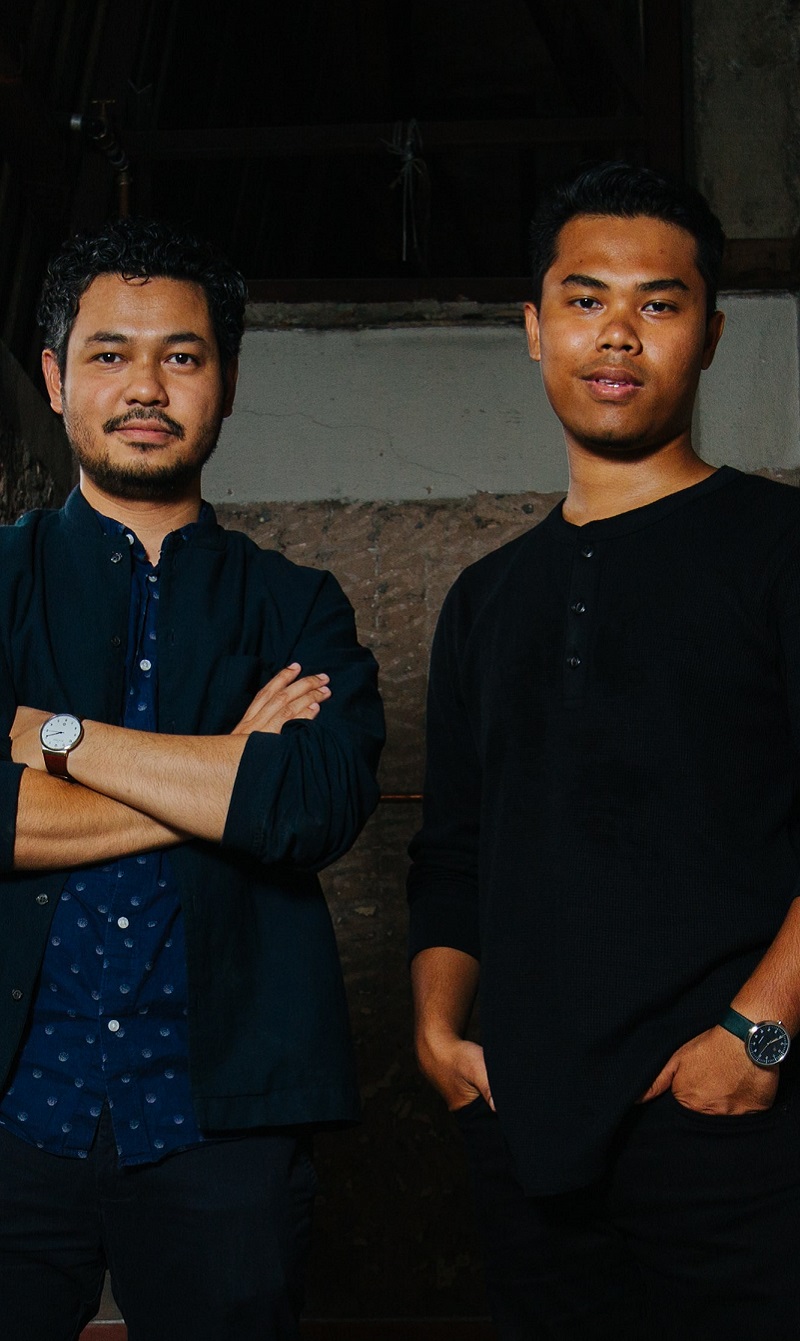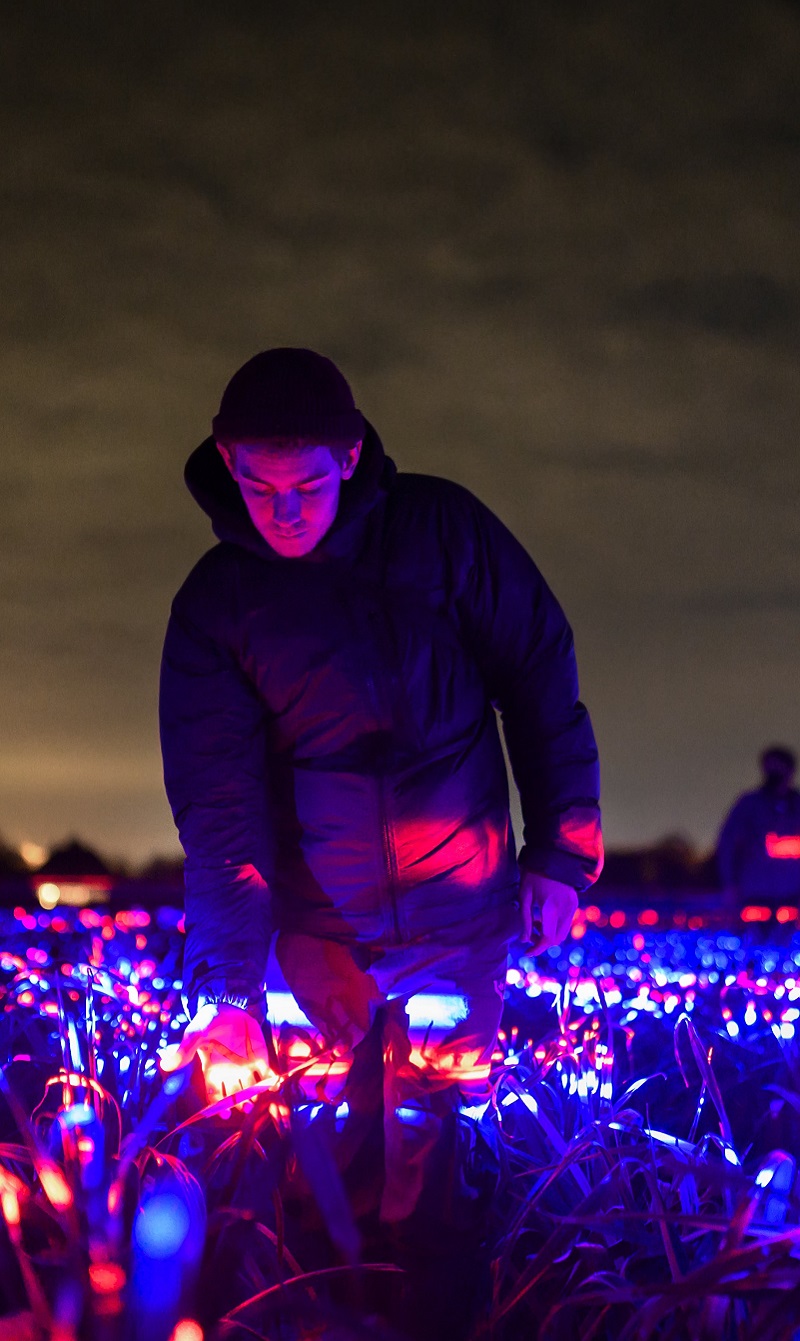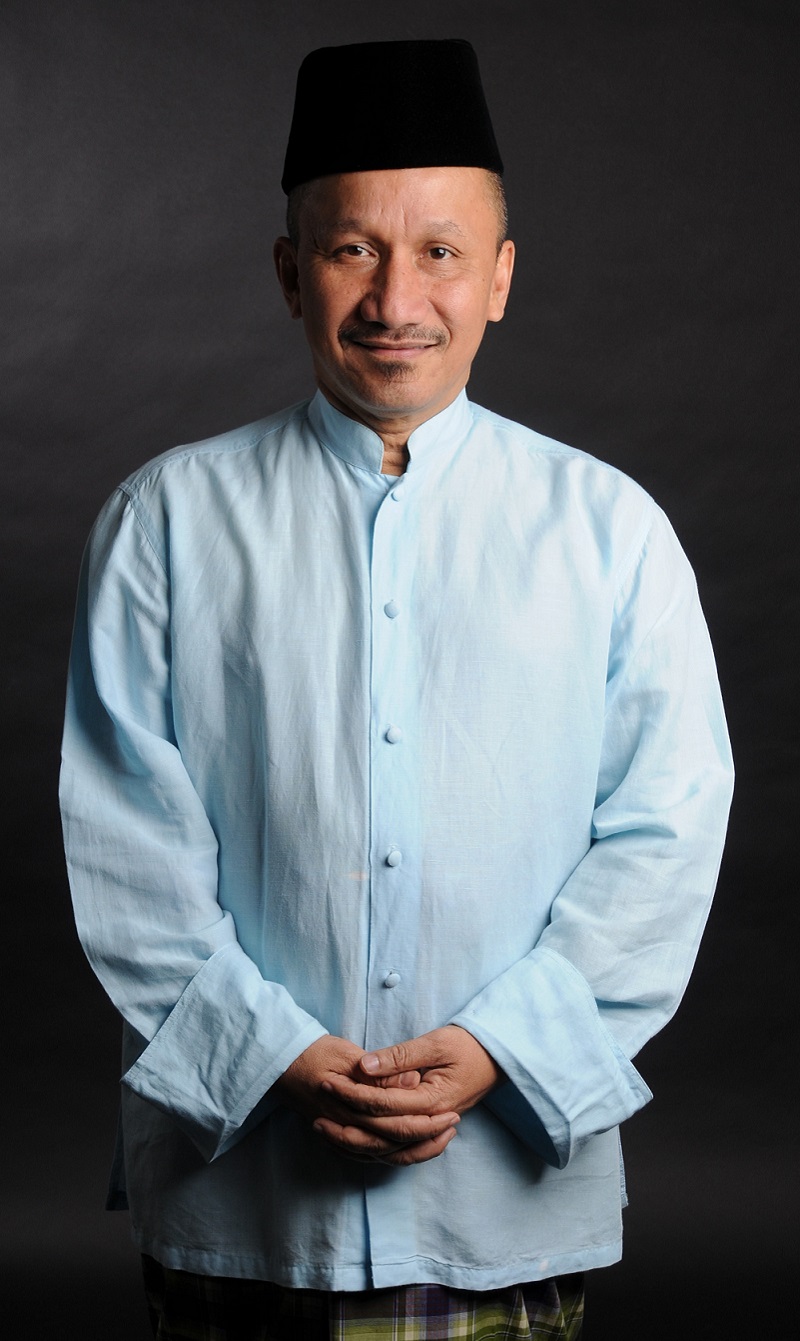A new narrative of the world
While some talk about the pursuit of happiness, some actually do. Bilal Hassam left his medical career and tells young people to be bold enough to pursue their dreams.
‘The question is not whether we will change the world. We already have. The question is how will we change the world and, perhaps more importantly, why?’
Bilal Hassam, a WIEF alumni member, was asked what he would do if he had the power to change the world. He said, ‘the question is not whether we will change the world. We already have. The question is how will we change the world and, perhaps more importantly, why?’
Bilal was one of 26 young leaders who participated in the WIEF Young Fellows 2015, held in Córdoba, Spain, from 16 to 22 March 2015. He was a medical graduate who worked as a doctor in London, Bilal always had the feeling that he wasn’t making a real difference. ‘Medicine is a really great job because you are saving lives but still, I felt I wasn’t pursuing my dream, that I wasn’t making the difference that I could make,’ he said.
After leaving his medical career, he decided to do something in which his skills and passion were aligned. He is now an entrepreneur, produces TV programmes, works for a humanitarian charity and does inter-faith work. Bilal brought this mindset to the WIEF Young Fellows, where he and his team excelled in the viral challenge, the main teamwork activity of the programme. The team produced a campaign called ‘Breaking Bread’, which was aimed at encouraging interaction and fostering ties between diverse groups of people.
‘The idea is that you take some food and go to somebody whom you don’t know and you break bread with them. Then you challenge other people to do the same,’ Bilal explained. Coming from a minority background, he said, helped the team to design a challenge that would make an impact on people’s lives. ‘Minority groups in the society feel isolated and they appreciate it when you reach out to them. We come from the minority mindset, so we can really appreciate the need to build a business with other people when you are often made to feel quite discriminated against,’ said Bilal.
Working with the Fellows, Bilal came to appreciate the emergence of a very unique but tangible global Muslim identity shared by all the young people from different parts of the world. ‘One of the biggest take-homes was this identity, and with that comes a global Muslim market, in terms of fashion, food, tourism, culture and music,’ he said.
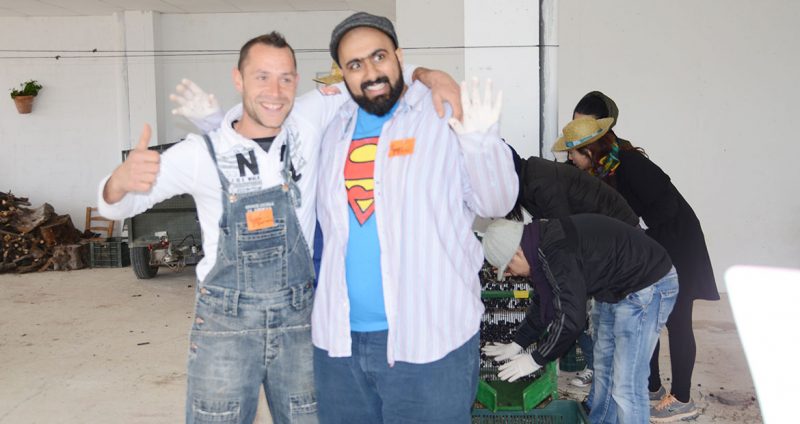
Bilal was also impressed that the programme gave him the opportunity to learn about the agriculture business from the ground up. ‘I have worked as a doctor, a businessman and a media [producer], but I am very used to being in the leadership role. It is very different when you are picking olives off trees. The programme demonstrated that to have a truly successful business or movement, it requires understanding and appreciation from top to bottom.’
‘The challenge is how to encourage business and leaders to invest in culture capital. There is a big hole in terms of investment in creativity and inter-cultural capital. We need a shift away from the mainstream understanding the world, to enable different communities to have ownership of their own stories,’ he said.
Bilal said the YF2015 had helped him to develop networks and friendships that would form the basis for professional cooperation in the future. He expressed hope that there would be more support for young people, especially those in the creative industries. ‘The challenge is how to encourage business and leaders to invest in culture capital. There is a big hole in terms of investment in creativity and inter-cultural capital. We need a shift away from the mainstream understanding the world, to enable different communities to have ownership of their own stories,’ he said.
He looked forward to greater investments in a new narrative and more support for young people, in order to give a sense of purpose to them and the community they work in. Bilal’s parting words depicted a future where young people would create positive change in the world simply by being true to their dreams: ‘Thus living a life of intention is perhaps the boldest way one can seek to change the world, to take the reins of one’s destiny and steer oneself into a life of purpose,’ he concluded.

